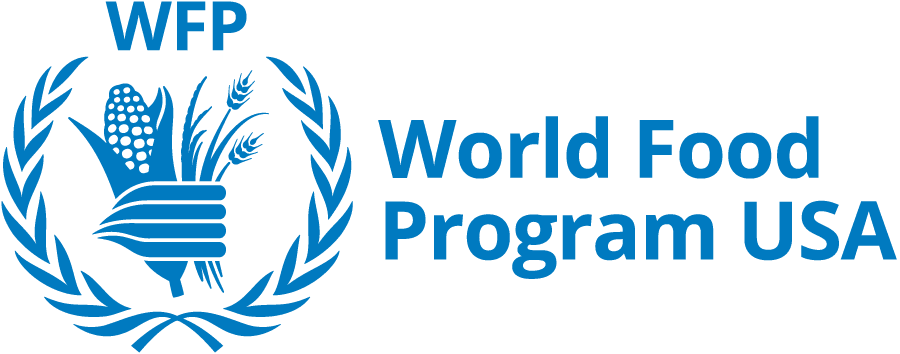Rural and Climate Shocked
Seventy-nine percent of the Cambodian population lives in rural areas and they are on the front-line of a changing climate. Floods and droughts frequently threaten the food system and will increase in frequency and intensity in the future. Cambodia is currently ranked the eighth most vulnerable country to natural disasters, so supporting communities to prepare for and respond to disasters is key to ensure they can access nutritious foods year-round.
But 1979, we’ve supported Cambodian families to meet their emergency needs and enhance the long-term food and nutrition security of vulnerable households and communities.
We work with the Government of Cambodia to strengthen capacities and systems that can be fully nationally owned. Our goal is that all Cambodians can meet their nutrition needs and the country can reach SDG2 – a world with Zero Hunger by 2030.
 WFP/Ratanak Leng
WFP/Ratanak Leng






